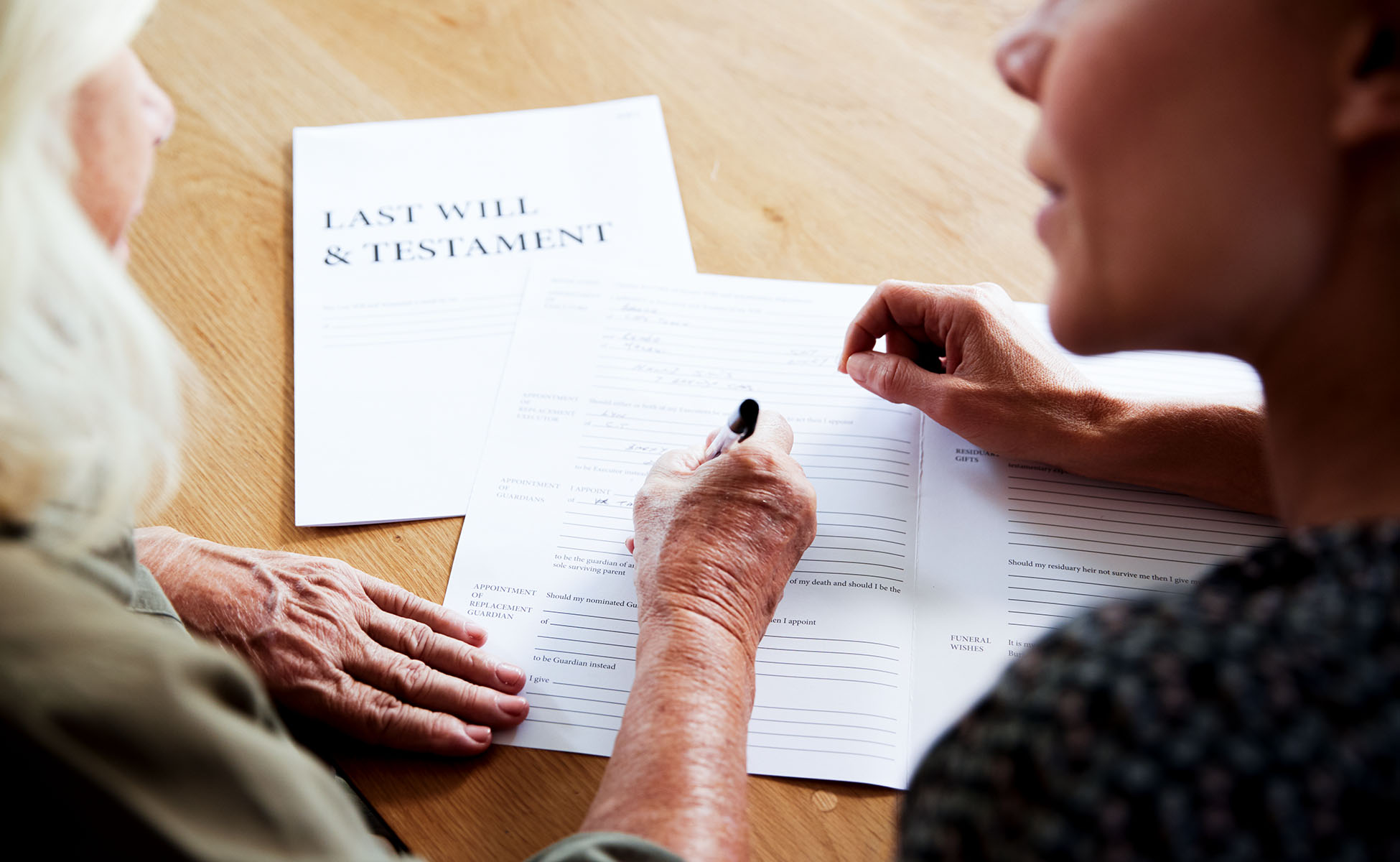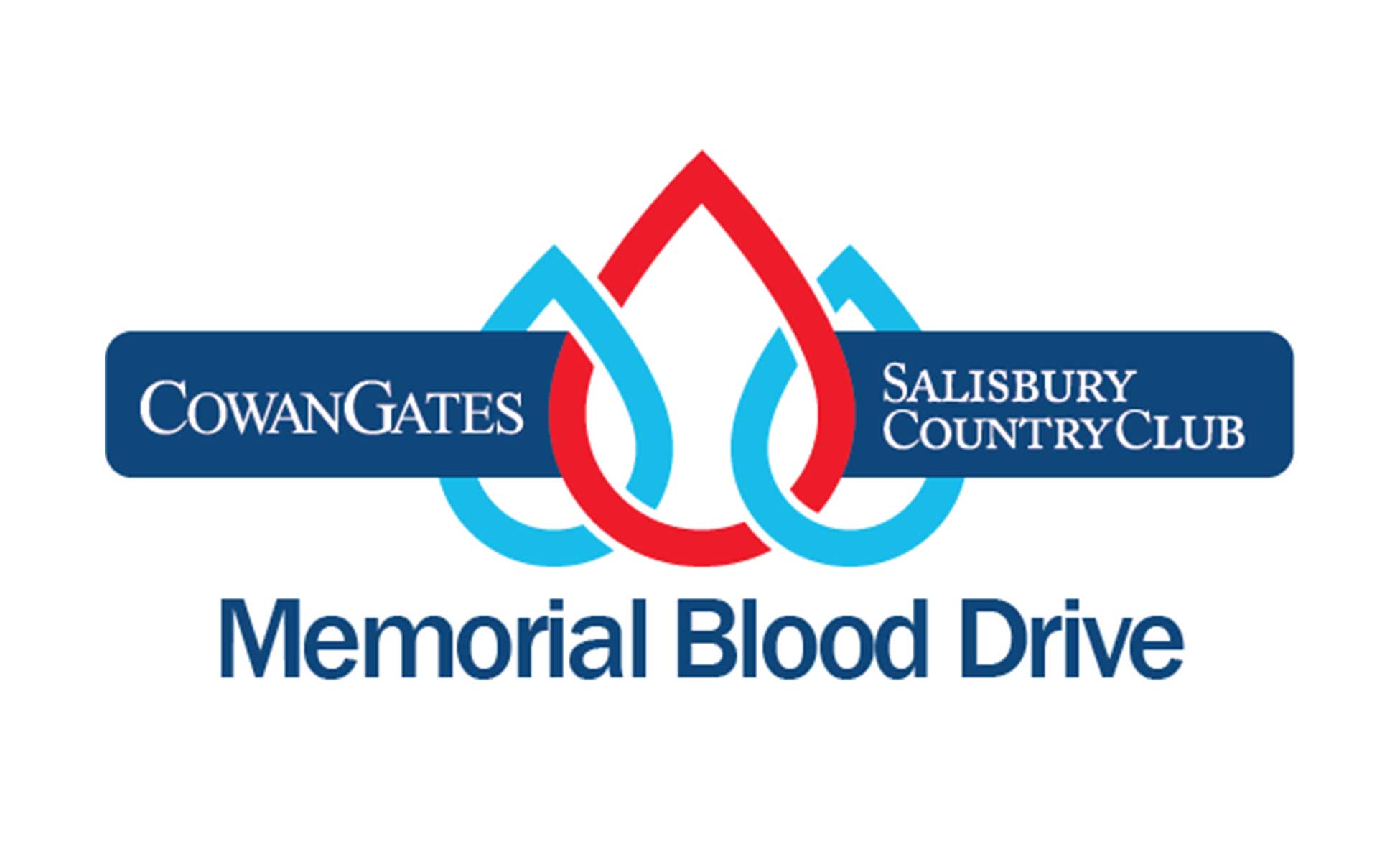What Happens to My Assets if I Die Without a Will?

If you die without a will in Virginia, Virginia law essentially creates a will for you. This is commonly referred to as intestate succession [read as “where your assets go if you don’t have a will”]. During this process, the Commonwealth will dictate, by law, to whom your assets go upon your death. The urban legend is that without a will, the “state” gets your assets; that is not usually the case.
Initially, it is important to note that the only assets that pass pursuant to a will, or if you don’t have a will, intestate succession, are those assets owned/titled in your name alone at the time of your death (i.e., you did not co-own the asset with another person with rights of survivorship) for which no beneficiary is designated. In other words, if you own property or an account with another person(s) as “joint tenants with rights of survivorship,” or as “tenants by the entirety” if you are legally married to the other co-owner, that property or account will pass directly to the co-owner by operation of law (and will not pass pursuant to the provisions of a will or intestate succession). Likewise, if you designate a beneficiary for/on an asset, (e.g., a beneficiary on a life insurance policy, annuity, or retirement account, a transfer on death designee on a brokerage account, or a payable on death designee on a bank account, etc.) then the named beneficiary(ies) will “inherit” the asset/account pursuant to the terms of that designation and that asset would not be distributed pursuant to a will or, in the absence of a will, intestate succession. The assets owned in your name alone for which no beneficiary is designated (“probate assets”) would pass pursuant to the intestate succession provisions of the Code of Virginia if you die without a will. In some cases, these provisions may mirror what you would have wanted and included in your own will. Here is an example:
- If you are married and all of your children are from the marriage to your current spouse, then intestate succession would result in the probate assets flowing to your spouse, or if he or she predeceased you, in equal shares to your children.
In other cases, the failure to have a will may result in unintended consequences. For example:
- If you are married but have children from a previous marriage, only 1/3 of the probate assets would pass to your surviving spouse and the other 2/3 of the probate assets would be divided equally among all of your children (from your previous and current marriages).




